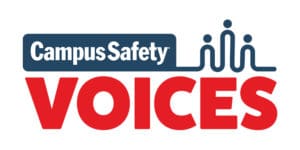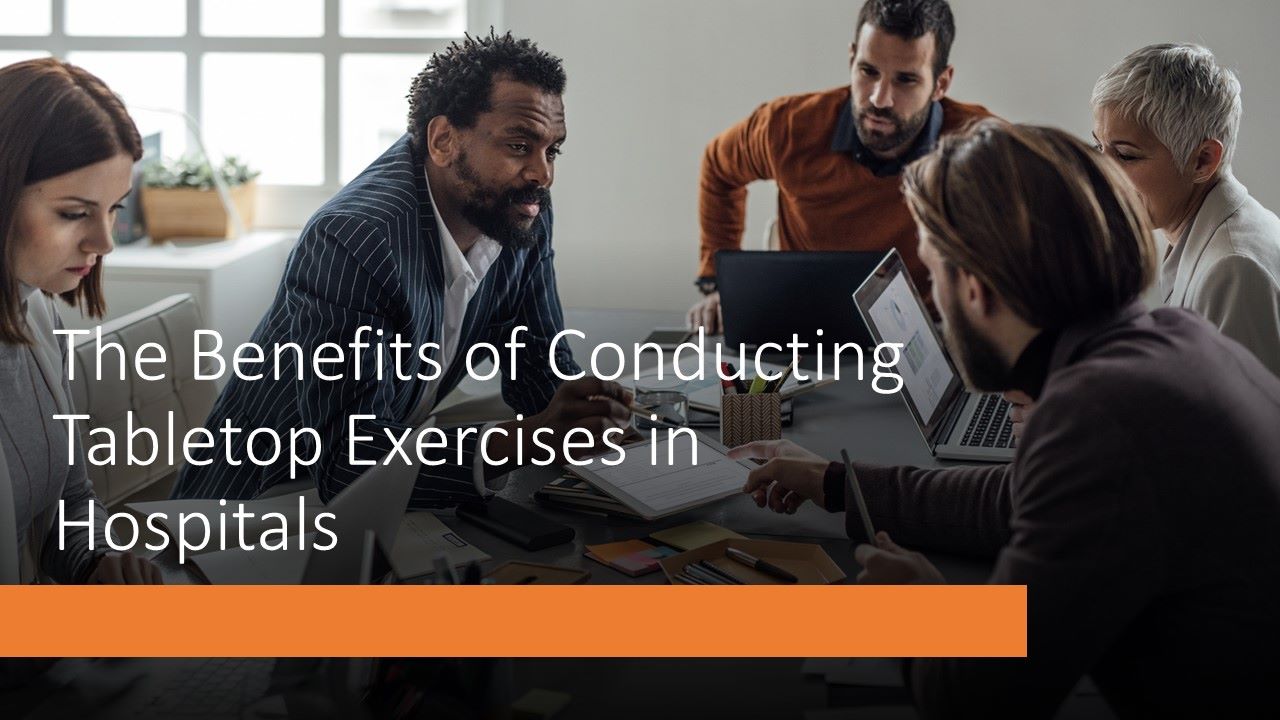You can watch or listen to the full podcast interview above. If you prefer to listen on-the-go, you can download the podcast to your mobile device on iTunes and Spotify! Make sure to follow or subscribe on your platform to be alerted of the latest episodes as soon as they become available.

Campus Safety Voices, available on Spotify and Apple streaming platforms, features timely conversations on a wide range of topics affecting K-12 schools, institutions of higher education, and healthcare facilities.
A healthcare organization can have great emergency response plans, but if they aren’t tested, how can you tell if the plans actually work? Also, how can you determine if your officers, staff members, nurses and doctors will respond appropriately under stress? You can’t.
That’s why it’s so important for a hospital to conduct emergency drills and exercises. However, full scale emergency exercises can be challenging to conduct in healthcare settings.
One viable alternative to full-scale exercises is tabletop exercises, and Ballad Health has adopted this approach.
In this interview, Ballad Health corporate director and chief security officer Ken Harr – who is also one of this year’s Campus Safety Director of the Year Finalists – describes his organization’s tabletop exercises, why they adopted this strategy and the results of this program.
The emergencies that these tabletop exercises cover include active shooter attacks, mass opioid overdoses, severe weather, mass casualty events and more.
He also provides advice to other hospital security executives on these types of practice drills.
One challenge Ballad Health discovered was with their access control systems.
“One of the things we learned, especially with the active shooter tabletop, is with law enforcement,” said Harr. “In healthcare settings we have a lot of access control that prohibits people from gaining entry into a lot of areas. As we were going through the exercise, we noticed that law enforcement would not be able to get to a lot of locations because of the access control.”
Harr and his team came up with two options to address this issue: 1. They made go-bags that are at designated locations with access control cards, radios, blueprints of the facility and other important supplies, so police can grab those bags and get around the facilities. 2. Some law enforcement agencies were provided access control cards for each of their patrol vehicles.
[promo_content slug=”2021-csc-texas-doy-promo”]









